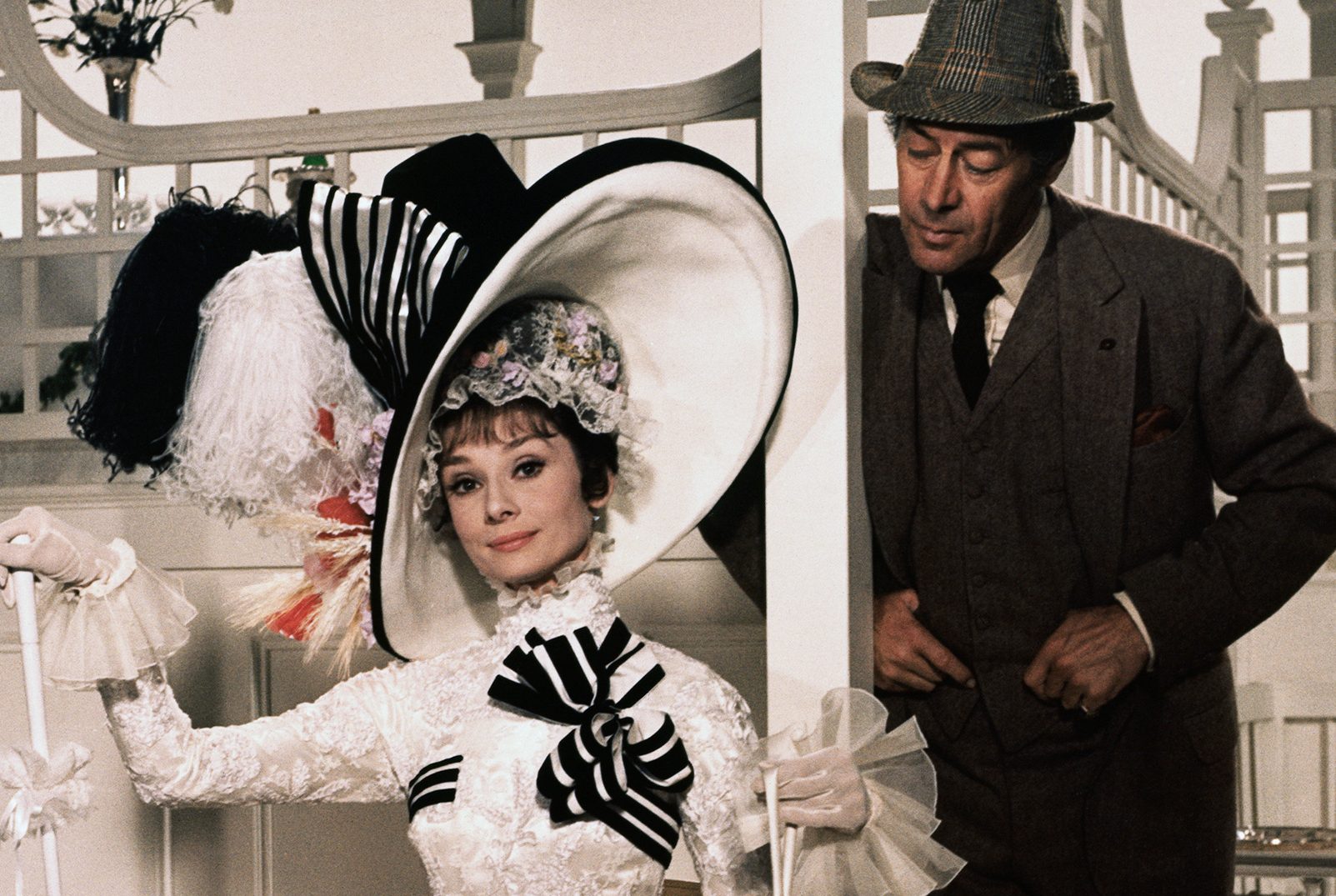
“Aversion to the way others speak or pronounce words seldom has any linguistic rationale; it is usually an excuse to typecast others as socially inferior,” writes “Whimsy” columnist CLIVE WILLIAMS.
PEOPLE who say “aitch” for the letter H invariably look down on people who say “haitch”. By contrast, haitchers don’t seem too fussed about what aitchers say or think.

Susan Butler (editor of the Macquarie dictionary) writes in her book “The Aitch Factor”: “Parents know that if their children pick their noses, neglect their teeth, say haitch instead of aitch, they will never make it in the world. It’s as simple as that.”
Most larger dictionaries have “aitch” listed but not “haitch” and while delving further into this important issue, I discovered that controversy over the letter H extends well beyond just “aitch” and “haitch”.
According to Michael Rosen, author of “Alphabetical: How Every Letter Tells A Story”, people were being picky about the use of H as far back as ancient Rome.
In ancient Rome, pronouncing every “H” was the civilised thing to do. Even so, Catullus wrote a catty little poem about Arrius (H’arrius he called him), who overused his Hs to sound intellectual.
By the 20th century, in Britain and Australia, dropping the H for most of the words beginning with H was just not done in “polite society”. In Britain, your speaking accent and knowing how to use H still indicate your breeding and place in the social pecking order.
In “My Fair Lady”, a musical based on George Bernard Shaw’s 1913 play “Pygmalion”, Eliza Doolittle, a Cockney flower girl, takes speech lessons from Professor Henry Higgins, a phonetician. He needs to pass her off as a lady to win a bet. Professor Higgins tries to educate H-less Eliza to sound her Hs by getting her to learn “In Hertford, Hereford, and Hampshire, hurricanes hardly ever happen.”
In Enid Blyton’s “Malory Towers” series – set in an upper-class English boarding school in the 1950s – there’s a section where one girl mocks another’s father for his uncouth behaviour – as characterised by his “H-dropping”.
“Jo once boasted that there wasn’t anything her father couldn’t buy. June had enquired whether he had enough money to buy himself a few hundred Hs.
“Jo had never forgiven June for that. For the first time she had realised that her father’s loud-voiced remarks were made all the worse by the way he continually dropped his Hs, and his curious lapses in grammar.”
In spoken English today, the accepted thing is to pronounce the H for most words beginning with H – as in historian, hotel, hammock, herbs, hiccough, highway etcetera. But English being the perverse language that it is, there are of course exceptions to the rule – such as hour and honourable, and of course aitch as in H-bomb.
In Britain, H apparently owes its “haitch” pronunciation to the Catholic Normans, who brought the old French word “hache” with them when they invaded in 1066.
With aitch and haitch, it still seems to be linked to the speaker’s religion. According to Rosen, “haitch” is the Catholic way and “aitch” is the Protestant way. He notes that in Ireland “getting it wrong could be a dangerous business”. More generally, whether you say aitch or haitch will also depend on the religious persuasion of the person who taught you the alphabet.
But why do supposedly egalitarian Australian “aitchers” look down their noses at “haitchers”? One theory is that it’s deep-rooted class snobbishness based on the “haitch” pronunciation being associated with poor Irish Catholic working-class immigrants.
Rosen observes that when it comes to “aitch” or “haitch”, there’s really no “correct” form. It seems that “haitch” goes back to the Normans and “aitch” is a more common modern version. Aversion to the way others speak or pronounce words seldom has any linguistic rationale; it is usually an excuse to typecast others as socially inferior.
Meanwhile, Roman soldier Octavius (also known to his uneducated friends as Hoctavius) is bragging about his girlfriends to his friend, “You’ll never guess how many girls I’ve been out with! What about you?” “MMM,” says his friend, pondering how to respond.
“No, nowhere near that many” replies a deflated Octavius.
(MMM in Roman numerals is 3000).
Clive Williams is a Canberra columnist and there are more of his marvellous columns at citynews.com.au
Who can be trusted?
In a world of spin and confusion, there’s never been a more important time to support independent journalism in Canberra.
If you trust our work online and want to enforce the power of independent voices, I invite you to make a small contribution.
Every dollar of support is invested back into our journalism to help keep citynews.com.au strong and free.
Thank you,
Ian Meikle, editor





Leave a Reply